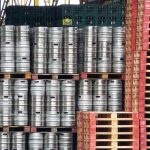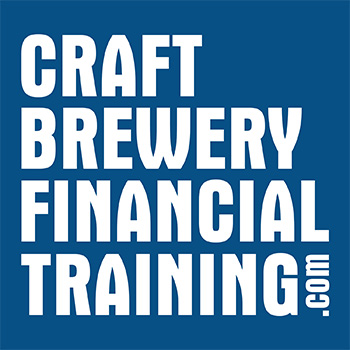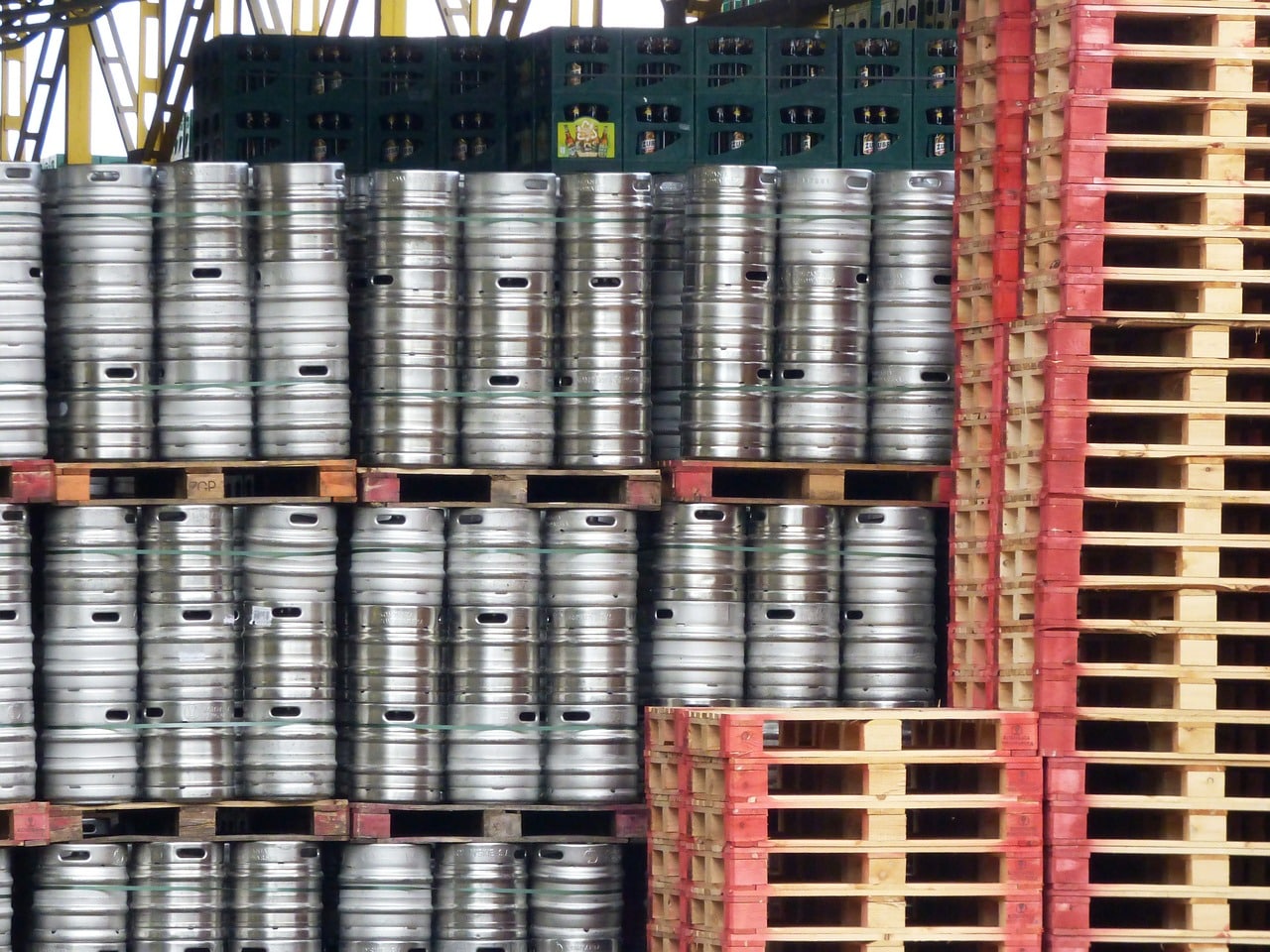 What does a beer distributor do, exactly?
What does a beer distributor do, exactly?
A distributor is a hybrid sales and logistics company. Distributors handle the heavy lifting of warehousing and delivering product to customers, but they also invest a great deal in sales, marketing and relationship building with retail customers.
You’ll often hear that distributors are in the “relationship business.” Building relationships with suppliers, retailers, and consumers are all critical to the success of their business. Many distributors are third or fourth generation family-owned businesses, and the owners and employees have lived in the same town for their entire lives.
The distributor’s role is to make the market — to provide a clear path for the sales and service to retail accounts. A relationship with a store owner leads to displays, more shelf space or product promotions. A good relationship with a store owner is the difference between success and failure.
Distributors are the last mile of transportation for our beer. A brewery in California can ship its beer to New Hampshire, and the local beer distributor will deliver it that last mile to a retailer. In a rural market like New Hampshire, that ‘last mile’ can often be the last 100 miles.
The Many Roles (and costs) of a Distributor
The role of a distributor as hybrid sales and logistics company requires a lot of coordination. There are many departments working together to deliver service to its customers – both retail customers and brewery partners.
To better understand exactly how the craft industry’s rapid growth has impacted distributors, and how they are adapting, it helps to know what tasks every department within a beer distributor is responsible for accomplishing.
Sales: The sales team is generally comprised of a sales manager, team leaders and route sales people. They have direct contact with the retailer, and their role is to sell and service the accounts. They present new products and educate the retailer on the benefits of placement in their store. A route salesperson typically has 10 to 20 account calls per day, and may be responsible for building displays, merchandising accounts, or delivering the occasional keg.
Sign making and POS: Many distributors have an in-house person or team of people who produce point-of-sale materials for retail accounts. These people are technically trained, and the shop requires specialized printers and equipment to produce high quality materials.
Merchandising: Over the years, the responsibility for merchandising store shelves has shifted to the distributor. When you see someone stocking the shelf in the beer aisle, it is likely a beer distributor employee.
Draft maintenance: Where legal to do so, distributors may provide draft line cleaning and installation services. These services may be provided at a charge to the retailer to cover some or all of the distributor cost. In Vermont, for example, draft line cleaning is allowed and distributors must charge an amount at least equal to their cost for the service.
Warehousing: When you think of a beer distributor, the first thought that comes to mind is a warehouse full of beer. In many cases, the warehouse is temperature controlled with cooling systems and keg rooms to maintain the freshness of the product. Standard product racking, and more recently carton-flow or gravity-fed racking, is installed to maximize utilization of the warehouse space. Many distributors have an IT warehouse management system to track, manage and safeguard product.
Night loading: Beer distributors typically run a 24-hour operation. Hours vary by distributor, but the night loading team typically arrives in the late afternoon to early evening, and loads the trucks with orders that were sold earlier in the day by the sales team. Orders are picked from the racks, loaded onto trucks, and made ready for the driver team to deliver the following morning. Many distributors use a sophisticated voice-picking system to ensure the accuracy and productivity of selecting products and loading trucks.
Delivery: Trucks are loaded with product, and the driver team delivers the goods to retailers. Many distributors use GPS tracking to ensure routes are run safely and efficiently. Drivers deliver full pallets, single cases and kegs to retailers. They will often pick up empty barrels, pallets and damaged or distressed product and return them to the warehouse.
Administration: Customer service, human resources, information technology and of course finance and accounting are functions of the admin team. As with most businesses, these duties are needed to keep the wheels turning and ensure the phones are answered, employees are taken care of, and that business transactions are properly recorded.





